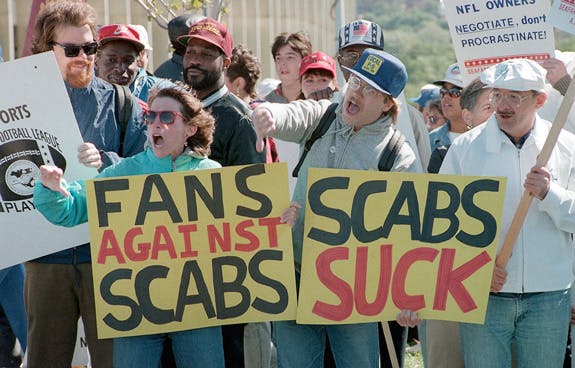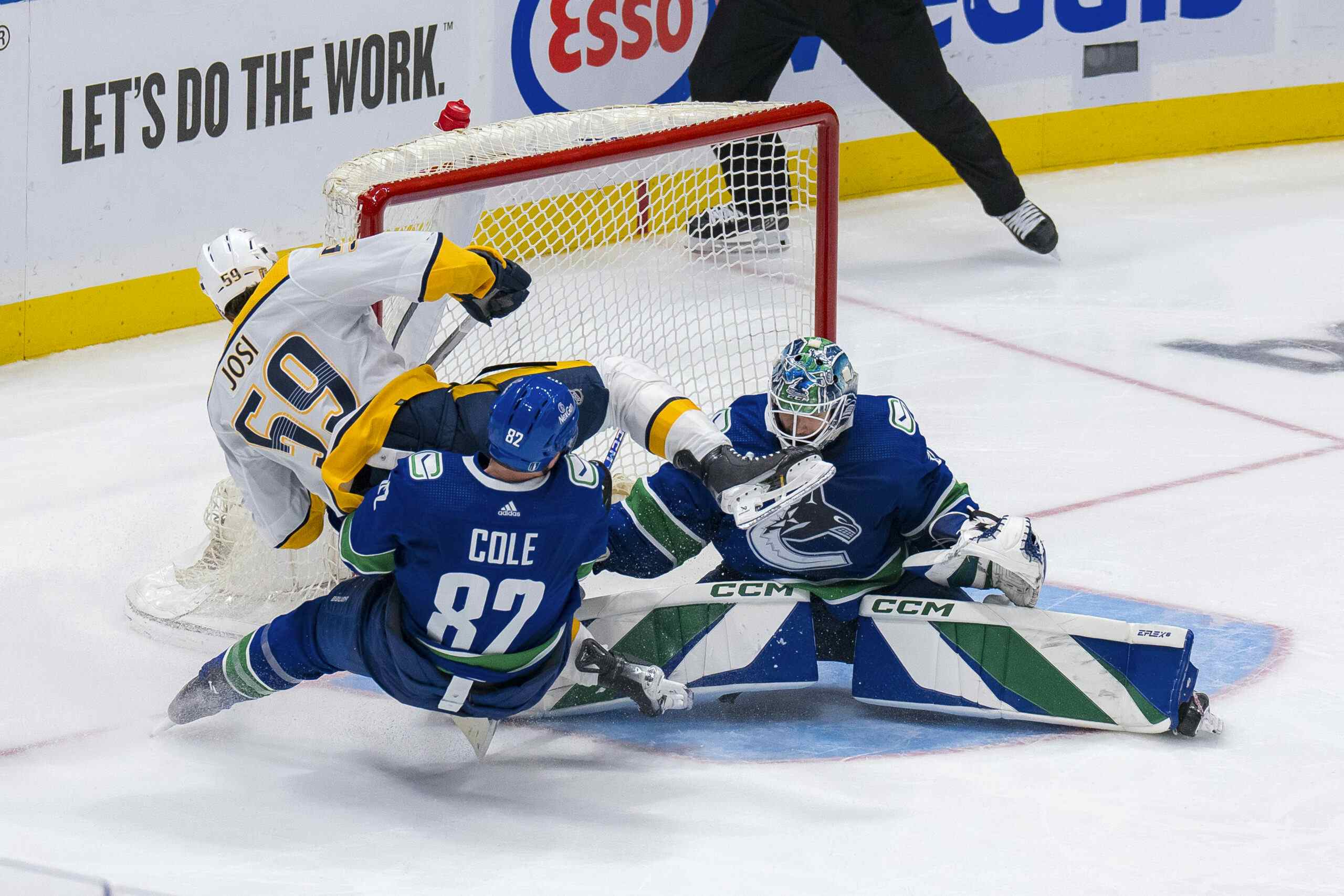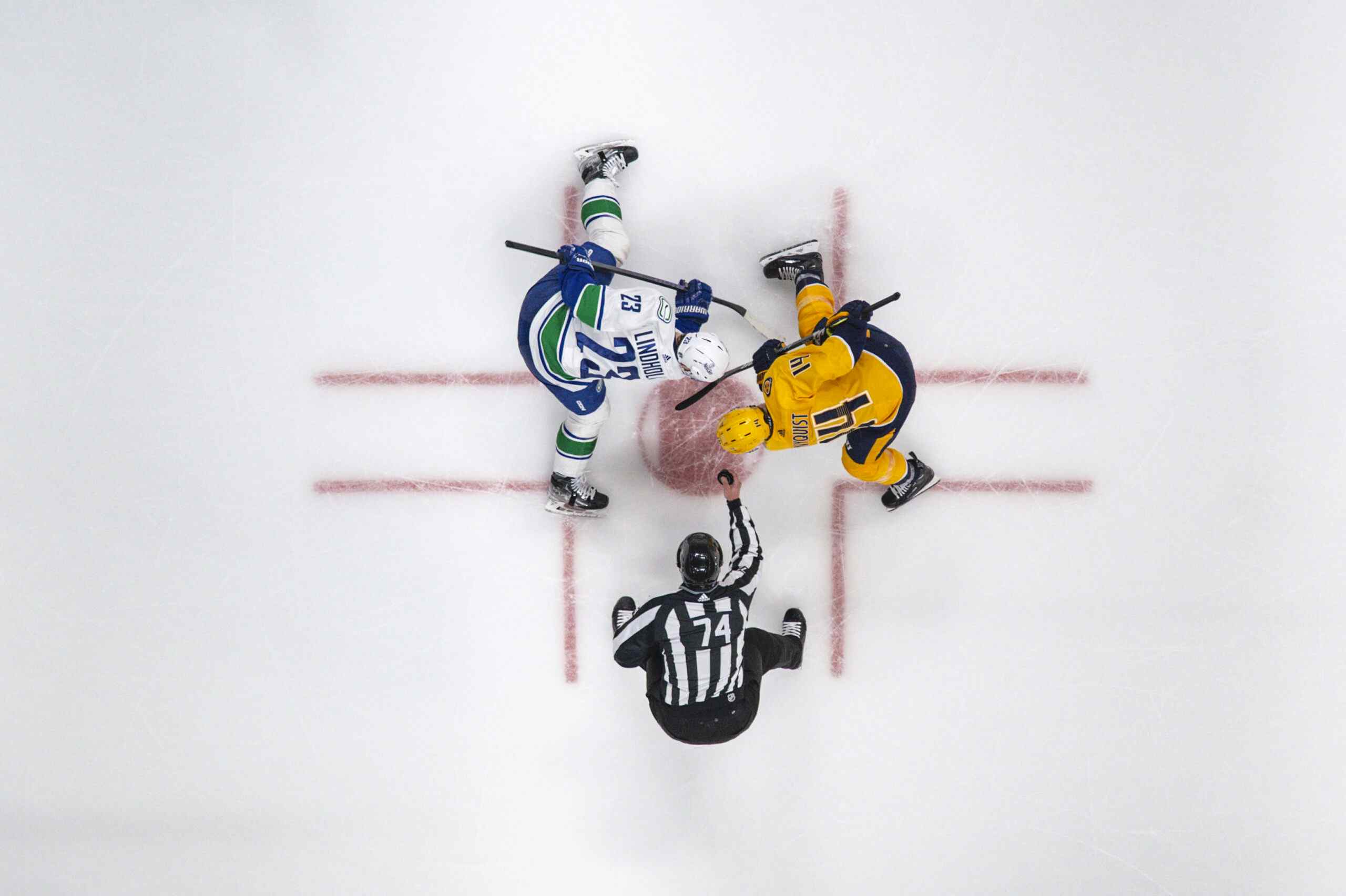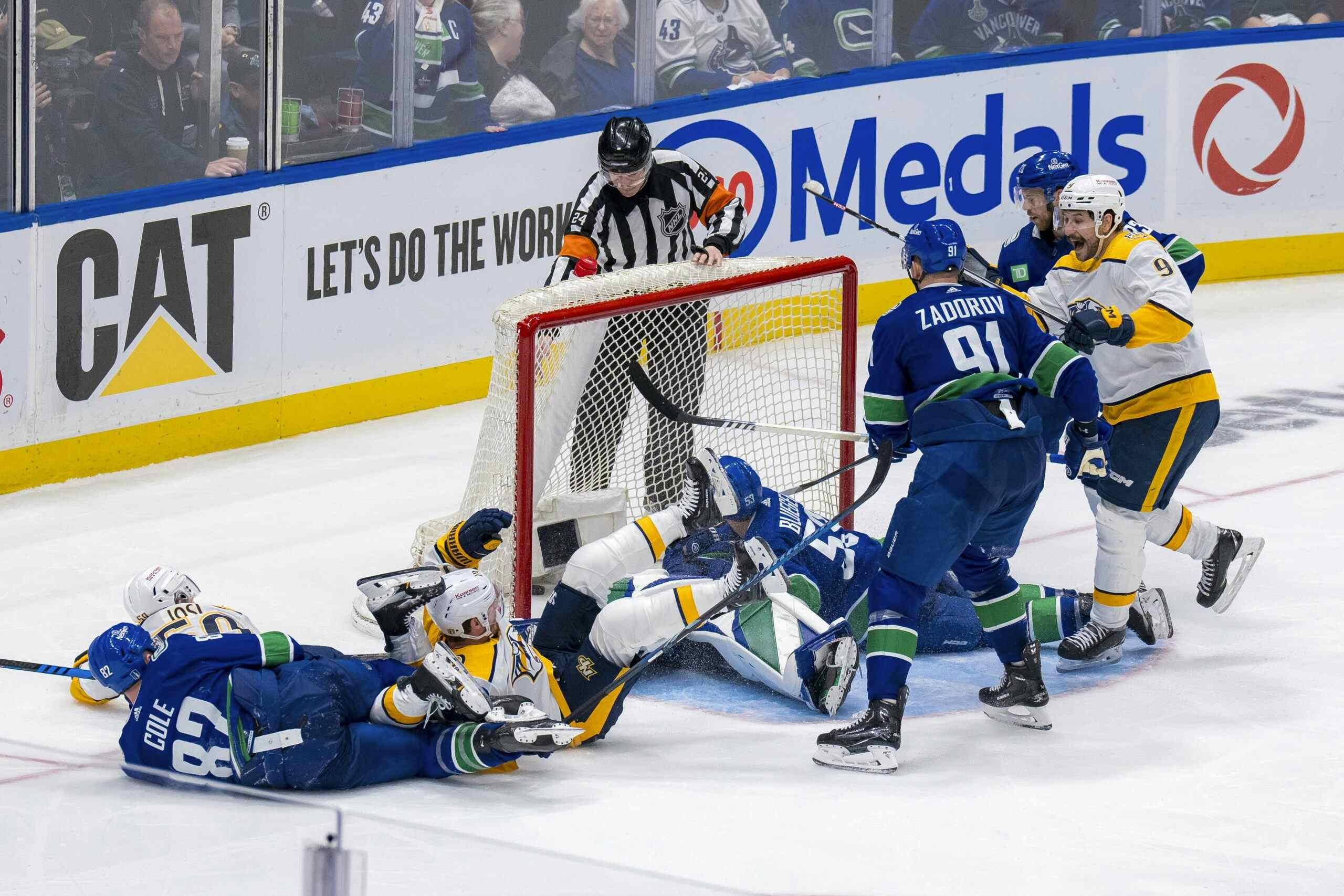The NHL Lockout, and the possibility of the league using Replacement Players
(I should note that some credit for this piece should go to my brother, Rory Johnston, an aspiring sports lawyer, currently articling in Ontario. Follow him on twitter here. He helped to make sure my legal interpretations are correct.)
Bill Watters’ recent rantings about replacement players being used as a bargaining tactic by the NHL’s owners elicited a good question – would the NHL be allowed, legally, to use replacement players in Canada?
The NFL used replacement players in retaliation against a players’ strike in 1987 and the players eventually capitulated. Watters has argued that should serve as a strong precedent for Gary Bettman & co. It’s worked once in sports labour law, why not again?
The judgments returned by provincial labour relations board over the past few years have mostly clarified the situation.
BC, Quebec and lockout prohibitions
Only two jurisdictions in Canada prohibit the use of replacement workers – BC and Quebec. In BC’s case, the 2007 judgement by the BC LRB against the certification of the BC-NHLPA made it clear that the NHLPA – NHL relationship did not fall under BC labour law. Only businesses regulated by the province are prohibited from using replacement workers; the judgement opened the door to the NHL using replacement workers in BC.
Quebec, on the other hand is murkier. With the recent ruling to carry forward with a full hearing on the legality of the NHL’s lockout in La Belle Province, it remains to be seen if the NHL would even need to consider replacement players there. If the lockout were to be ruled illegal in Quebec, there would be no players to replace. Just think of the headline: "Real Habs Romp over Replacements to Seize Cup!"
The complication in Quebec, on top of it being a civil code jurisdiction – which treats the law quite differently from the common law system used in the rest of Canada – is that the province’s labour law prohibits replacement workers being used in a recognized labour relationship. Because the NHLPA is not a recognized labour union in Quebec, this section of labour law does not govern the players.
So, if the players win their case in front of the QLRB, they will be given their jobs back and the lockout will be deemed illegal. If on the other hand, they lose their case, because the board decides to point to the existing labour relationship in the United States (as the BC board did), then the lockout would be legal and the league would be free to use replacement players.
It’s an intriguing conundrum, and one wonders if the NHLPA lawyers arguing on behalf of the players in the Quebec case might try to use the logic of the second argument to their advantage. Since the NHLPA is not a recognized union under Quebec labour law, the Habs’ players are protected instead by the other provisions of the law that deal with non-unionized employees. That was the argument initially presented to the QLRB – that since the NHLPA is not recognized in Quebec, that makes the Canadiens’ players non-unionized workers. In Quebec, it is illegal to lockout non-unionized workers.
What it will come down to is how the Quebec tribunal views the law’s position on out-of-province labour negotiations.
Replacement players are a massive PR gamble
Of course, the question of whether the NHL would even consider taking the massive PR gamble that using replacement players represents, is of another sort entirely. But do consider that in 1987, when the NFL used scabs to start the season, attendance was terrible and so were tv ratings. And that was also when sports tickets were cheap.
Fast-forward to today. Although one wonders how much solidarity fans really feel towards millionaire athletes, it is doubtful, surely, that they would be willing to play full-price for sub-standard NHL hockey.
But then again, people do pay plenty for pre-season hockey.
Recent articles from Patrick Johnston






